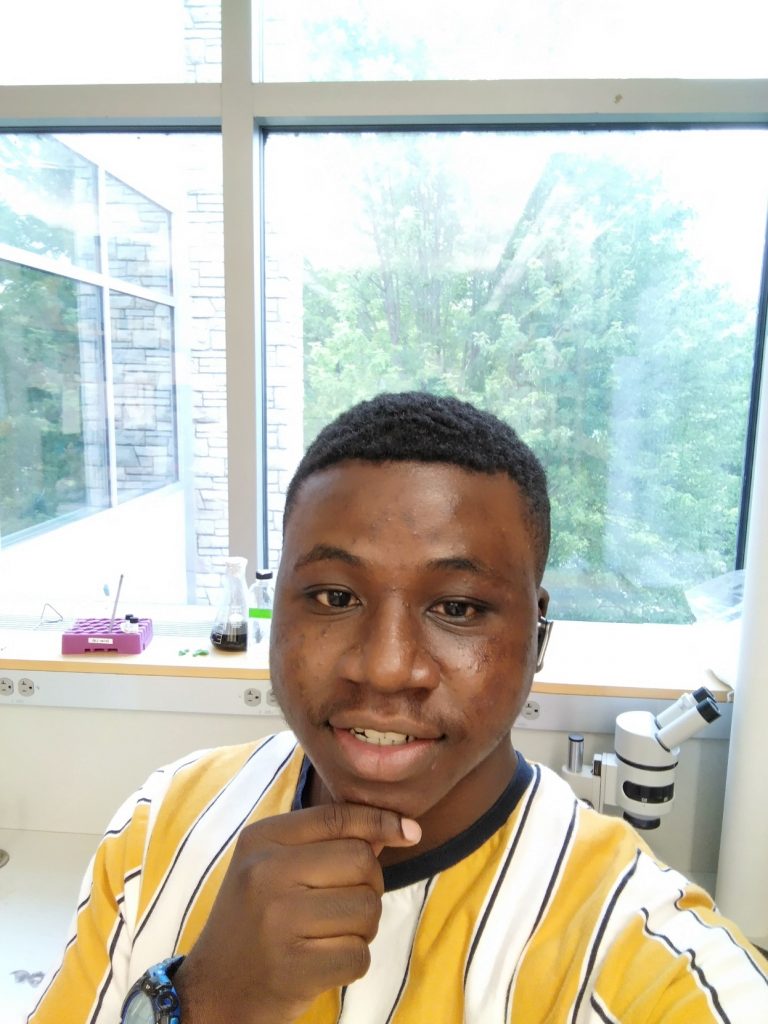What comes into your mind when you hear hospice? Do you get scared, sad, anxious, happy, optimistic, or worried? Try to imagine how a volunteer talks to a patient, creates bonds, and shares memories in a day, only to find out the next day that their lovely friend is no longer in this world. As sad as it might sound, it is also fulfilling to know that the friend is now relieved of their immeasurable pain. Volunteers at hospice centers go through this cycle over and over again rejecting their own self-worth and accepting that of the patient. What, therefore, is the essence of being a hospice volunteer?
However, the true essence of being a hospice volunteer goes beyond the simple application process. It requires immense compassion, empathy, and a willingness to confront the fragility of life. It is a journey of self-discovery, where volunteers learn to cherish every moment and provide comfort to those in their final days, finding fulfillment in the profound impact they have on the lives of others.
Becoming a volunteer typically involves straightforward steps. The first step will be to research hospitals or clinics with hospice facilities where you can volunteer. Some hospice facilities have different roles or duties for hospice volunteers that may range from spending time with a hospice patient to recording the testimonials or life stories of patients. You may also be assigned to work as a front desk assistant, welcoming and guiding families and patients.
After conducting thorough research on the facility and the hospital or clinic, the next step is to understand the requirements and application process. As mentioned earlier, most volunteer applications are not as complicated as those for scholarships or internships. There are two options available to apply: speaking directly with a representative from the institution or completing an application online or in a soft copy format. It is more advised to reach out to someone in the institution, to get a sense of the people and the environment.
The subsequent actions are contingent upon the previously mentioned steps. A scenario for each choice will be more valuable than relying on assumptions. The first scenario is dependent on the option of reaching out to a representative. After reaching out to a representative, and asking for more information and clarification, you will be informed to complete an online application if applicable. In the second scenario, a representative is reached out to after completing the online application if also applicable. Review of your application should take less than a week for which a representative will reach out.
As most hospice centers need volunteers to aid patients’ well-being as well as contribute to the well-being of the center, applicants are more likely to be accepted than rejected. This was proven in a study by Vanderstichelen et al, where they surveyed 342 healthcare organizations in Belgium using a self-developed questionnaire. Their results showed that 80% of the organizations (only 254 responded) have volunteers who provide direct patient care. Some of the tasks of volunteers in healthcare organizations ranged from psychological to existential care tasks. They concluded that most organizations, like hospitals and clinics, emphasize the necessity of volunteer support and training, and organizational coordination of recruitment efforts (Vanderstichelen, S., Houttekier, D., Cohen, J., Wesemael, Y. V., Deliens, L., & Chambaere, K. (2018). Palliative care volunteerism across the healthcare system: A survey study. Palliative Medicine, 32(7), 1233-1245).
The next and final steps depend solely on the institution. A training session could be organized or not depending on the plan of the institution. Once all the requirements and documentation are completed and all the needed materials, along with supplementary ones have been received, determining your volunteer hours will be next. This step is optional and can be skipped if the service hours are known or determined already. One thing to consider is the location of the facility or institution and the means of getting there. Calculating the time spent on the road and in the vicinity is important when choosing a mode of transportation.
Dennis Boakye ’26 is a rising junior with a major in Neuroscience and a minor in Mathematics. He is also a co-president of the Neurolawrence Club and the Synthetic Biology Club and the treasurer for the American Medical Student Association (AMSA, Lawrence Chapter) and the Black Student Union (BSU). Dennis is the current career peer educator for the Health and Medicinal Professions (HMP) and the Physical and Natural Sciences (PHN) career communities at Lawrence University. Connect with Dennis on LinkedIn.
